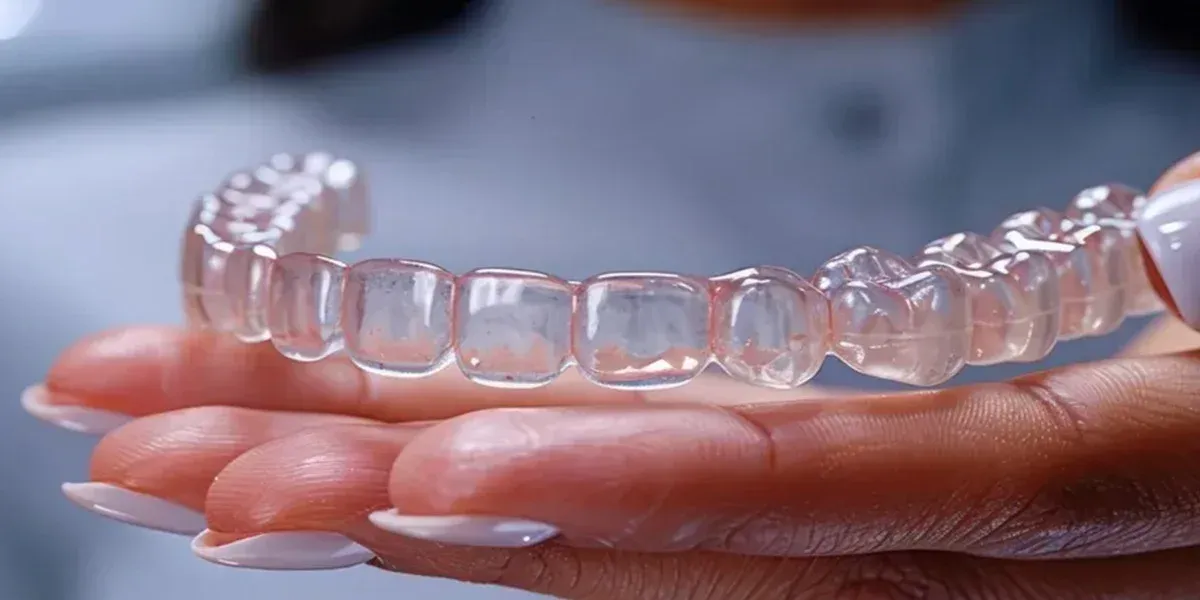Introduction
The world of dentistry has witnessed remarkable advancements over the years, and one such innovation is the development of dental implants Sydney. These sophisticated structures not only replace missing teeth but also enhance oral health and restore confidence in individuals. Central to their success is the concept of biocompatibility, a crucial factor ensuring that dental implants integrate seamlessly with the human body. This blog post explores the significance of biocompatibility in dental implants, focusing on their transformative impact on modern dental care.
Understanding Biocompatibility
What is Biocompatibility?
Biocompatibility refers to the ability of a material to interact with the human body without eliciting any adverse reactions. In the context of dental implants, it ensures that the implant material is accepted by the surrounding tissues, promoting healing and integration. This compatibility is pivotal in minimising complications and enhancing the longevity of the implants.
Materials Used in Dental Implants
Most dental implants are constructed from titanium or its alloys, renowned for their exceptional biocompatibility. Titanium’s unique properties allow it to bond naturally with bone, a process known as osseointegration. This bond is crucial for the stability and functionality of the implant.
- Titanium: Highly durable and resistant to corrosion, making it ideal for long-term use.
- Zirconia: An alternative material that offers aesthetic advantages with similar biocompatibility.
The Role of Biocompatibility in Implant Success
Facilitating Osseointegration
Osseointegration is the process by which the bone grows around the dental implant, locking it in place. Biocompatible materials play a significant role in this process, ensuring that the implant becomes a stable part of the jawbone. This stability is crucial for the function of the implant, allowing it to withstand the pressures of chewing and speaking.
Minimising Adverse Reactions
The use of biocompatible materials significantly reduces the risk of inflammation and infection, common complications that can arise when foreign objects are introduced to the body. Research has shown that choosing the right materials can lead to improved patient outcomes, with fewer instances of implant rejection or failure.
Innovations in Dental Implants
As research continues, new materials and technologies are being developed to enhance the biocompatibility of dental implants. Innovations such as surface modifications and coatings are being explored to further improve osseointegration and overall implant success. A study highlighted the potential of modified surfaces in boosting the integration process.
Improving Patient Outcomes
Enhanced biocompatibility not only improves the success rates of dental implants but also enhances patient satisfaction. By reducing the risk of complications, patients experience less discomfort and quicker recovery times, allowing them to enjoy the benefits of their new teeth sooner.
The Future of Dental Implants
The ongoing research into biocompatibility and dental materials continues to revolutionise the field of dentistry. With the demand for dental implants rising, it is crucial that practitioners stay updated with the latest advancements to provide the best possible care for their patients. A recent publication on new material developments underscores the need for continued innovation in this area.
Conclusion
Biocompatibility remains a cornerstone in the success of dental implants, playing a vital role in patient health and satisfaction. As materials and technologies evolve, the future of dental care looks promising, with even greater possibilities for improving oral health. For those considering dental implants, understanding the role of biocompatibility can provide peace of mind and confidence in their choice of treatment.
Any surgical or invasive procedure carries risks. Before proceeding you should seek a second opinion from an appropriately qualified health practitioner.





